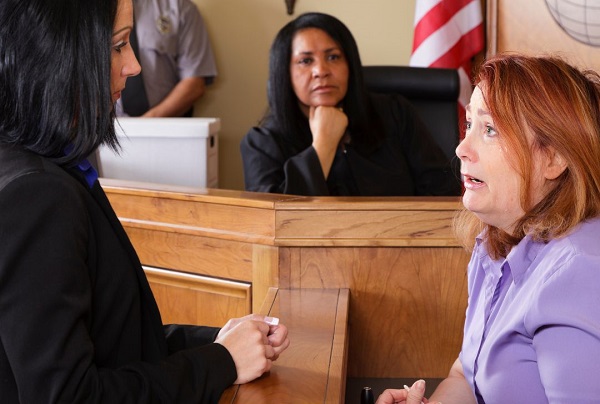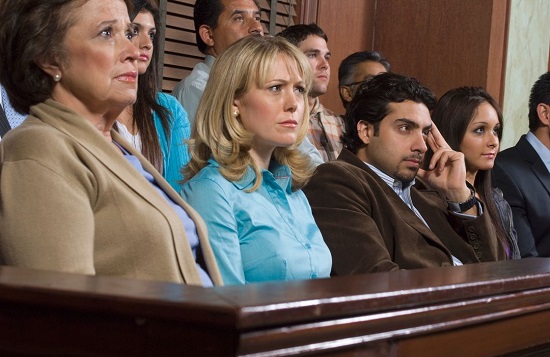After almost 30 years of sitting through endless depositions, I have become very opinionated as to what makes a good and a bad witness. Cases can be made or broken by how you testify in a deposition. After all, the deposition is an opportunity for the defendant’s attorney to test you to see what kind of a witness you will make in front of a jury if your case were to go to a trial. After your deposition, the defendant’s attorney will take that information and report to the insurance company. The report from the defendant’s attorney may also include an analysis about how much they believe your case is worth. The better you testify the better your outcome will be. In other words, the better witness you make the less willing the insurance company will be to take your case to trial. As a result, you will receive a better outcome.
Below are three of the most common mistakes that witnesses make when testifying:
Talking Too Much
When answering a question, only answer the question that is asked of you. If someone asks you whether or not you have a watch, they are not asking you what time it is. They are only asking you whether or not you have a watch. If they want to follow up with “well, what time is it?”, then you answer what time it is.
Witnesses who over think questions tend to give an answer that is inconsistent with what is being asked. If you are asked to explain how your accident happened don’t start with what you had for breakfast.
Witnesses are best off just kindly, respectfully and honestly answering the questions as they are asked of you. Early on in the deposition you will be asked very direct and simple questions about your background and about how the accident happened. Later in the deposition you are likely to be asked more open ended questions about the effect that this accident has had upon your life. It is during those answers that you can give more long form answers.
Being Argumentative
Please understand that the defendant’s attorney has a job to do. One of his or her jobs is to see how you will react to a little bit of argument. These types of questions start with “well couldn’t you have” or “shouldn’t you have” or “why didn’t you”. Don’t take offense to these questions. The defendant’s attorney is simply trying to see how you will react to these types of questions should the case go to trial. It is perfectly OK to be impassioned about how your injury happened and the reasons why you believe the injury took place. However, don’t take offense when you are challenged about your belief about how the accident happened or why your injury happened. Simply put, roll with the punches and give your side of the story and your opinion without being argumentative.
Talking About Time and Distance
People in general are poor judges of time and distance. It is not very common for a witness during their life to be asked for distance or time estimations. As a result, witnesses tend to do a very poor job of this. For example, it is very common for the defendant’s attorney to ask you how long the witness saw the other vehicle prior to the collision. I can’t tell you how many times a witness has stated that they saw the other vehicle for “30 or 40 seconds” prior to the accident taking place. That is simply not possible. If you saw an accident that was about to take place 30 or 40 seconds ahead of time, it would have been avoided. Accidents happen in split seconds and usually you see an accident about to happening within a second or less of the collision.
People are also very poor judges of distance. The defense attorney will commonly ask a witness how far they were from the other driver when you first saw the other driver. Witnesses will often answer in portions of a mile, which is way too much distance. If you saw the opposing vehicle an eighth of a mile down the road you would have had plenty of time to avoid the accident. An eighth of a mile is a very long distance. The better answer is that you saw the opposing vehicle “with a few feet” or “the length of the conference table” or “from here to the wall”. These are often the true distances that a vehicle was away from you before an accident happened. Otherwise, the accident would have been avoided.
A Final Word From David
During my standard deposition preparation, I give my clients many pointers to concentrate on prior to the deposition. However, if I could give my clients only three pieces of advice prior to a deposition, they would be to not talk too much, to not be argumentative and to talk to me about time and distance estimations before testifying. To learn more about how we help our clients, please visit the practice areas page of our website.



